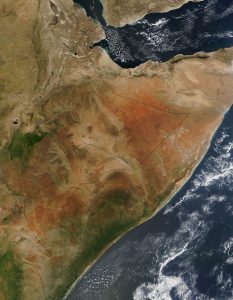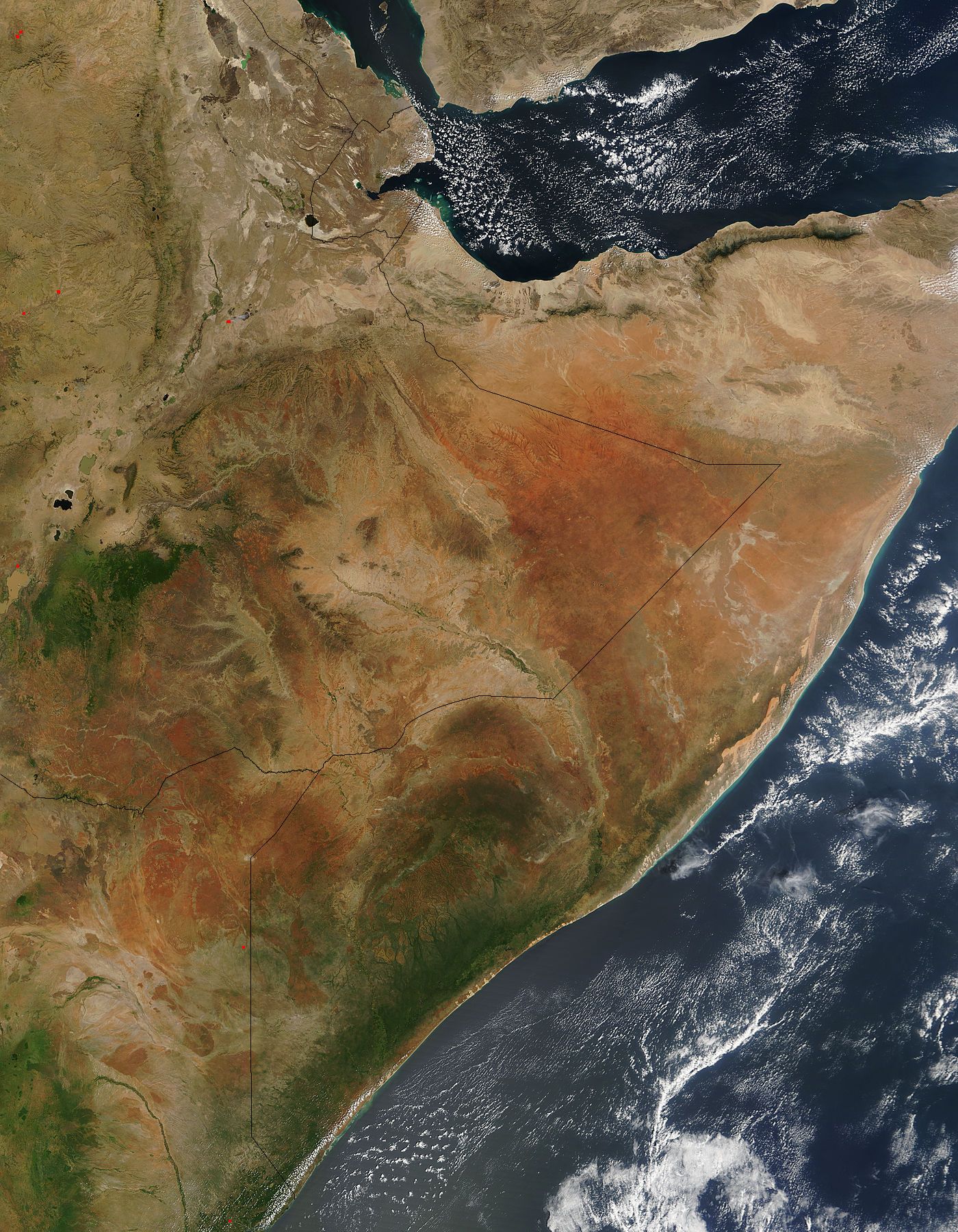by Alex Watkins (Opinion Editor)
Email: cascade.news@ufv.ca
 World-travelers and socially-conscious students take note: the geography department’s Cherie Enns is now accepting applications for the 2011 global development internships. The internships were conceived by Enns, who was raised in Africa and has done research there. While UFV currently does offer an East Africa study tour, the global development internships are significantly different in a number of ways. Said Enns: “I just realized that a lot of students have a lot of interest in applied experience, something beyond a travel study, and I designed the global development internship courses… I just realized that to coordinate a group, take them and put them in internship placements presented them with a great opportunity. And plus they have a chance to go together and do a full semester of credit at the same time.”
World-travelers and socially-conscious students take note: the geography department’s Cherie Enns is now accepting applications for the 2011 global development internships. The internships were conceived by Enns, who was raised in Africa and has done research there. While UFV currently does offer an East Africa study tour, the global development internships are significantly different in a number of ways. Said Enns: “I just realized that a lot of students have a lot of interest in applied experience, something beyond a travel study, and I designed the global development internship courses… I just realized that to coordinate a group, take them and put them in internship placements presented them with a great opportunity. And plus they have a chance to go together and do a full semester of credit at the same time.”
Students are able to decide how many credits they wish to earn during the program. While in the study tour, students generally earn credits for only one course. Although the internships offer credit only for geography courses, students from all areas of study are encouraged to apply and can experience success. Enns works closely with students to tailor a placement that incorporates their interests and career aspirations; for example, students who plan to teach after graduation may wish to be placed as teachers in Africa. The students’ preferred area of study then influences where in East Africa they will be placed. A majority of the group for the 2011 trip will be placed in Tanzania, but there are also options available in Kenya, Malawi, Uganda and Zambia.
Students pay tuition according to the number of credits they wish to earn from the program, and the tuition is equal to that of regular geography courses. Additionally, they are responsible for purchasing their own tickets to and from Africa – which are estimated at between $1500 and $2000 – as well as transportation, food, and housing. Although the costs of living vary with each individual placement, Cherie stated that students could expect to pay between $1000 and $1500 per month to live in Africa. Placements are typically for 3 months, but could be extended or shortened if desired.
Cherie advised that students who needed help paying for the trip could try fundraising or contacting groups like the Association of Universities and Colleges of Canada and Canada World Youth. Additionally, student loans may be used to cover the costs.
Students must apply for the program before the end of January 2011, and if approved, they will begin meeting with Cherie on a regular basis in February to “work on the paperwork, their permits, their visas” and to discuss their interests in order to choose a relevant internship. Students will also be given readings and some cross-cultural training in preparation for the trip; language lessons and further training will take place upon the students’ actual arrival in Africa in May 2011.
Mark Phillips – a student who is currently completing his internship in Dar Es Salaam, Tanzania – is unique to the program in that he already holds a degree in biological sciences from SFU. Post-graduation, Phillips had been having trouble finding a good job in his field, and he heard about the global development internships through a friend. He then applied as a student at UFV to join the program, which he saw as an opportunity to gain relevant experience. Phillips feels that he not only gained this experience but experienced personal growth as well.
“Working at this NGO has given me this new mindset, and I would not have gotten this working at home. One of the amazing parts of this internship personally has been the downtime. Because Dar Es Salaam is situated near the equator, the lights go out at 7, and because we are all poor students, we can’t afford to go partying every night… I’ve had a lot of time to think and inquire about my future with no external pressures. Another positive is seeing the other students’ perspectives and watching their experiences intertwine with their goals – getting to see the positives and negatives from an outside perspective.”
The experience has inspired Phillips to continue his education and to pursue a different career path.
As Enns notes, “It’s not an easy program… You have to make some sacrifices, money wise, it’s not always comfortable, there’re aspects of Africa that are really hard.” However, she believes that the study is beneficial to students in that it helps them gain relevant experience and increases the competitiveness of their graduate school and job applications. Not only that, Enns states that the program can have a huge impact on students at a personal level as well.
Phillips advises students that are seriously interested in the program, “Things don’t always go smoothly and adaptability is a must. People must be ready to change their ideas and be extremely patient. However, interning in Africa will offer [an] amazing lifetime experience that will test everyone in their own way… The contacts you will make could strongly push your career as it will mine because people hear from my experience are open and eager to help someone pursue their dreams. I would strongly recommend this program!”
The next information session about the program will be held on December 6 on the Abbotsford campus, in room 203B (Criminology Boardroom). For more details, contact Cherie.Enns@ufv.ca.


